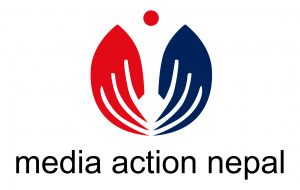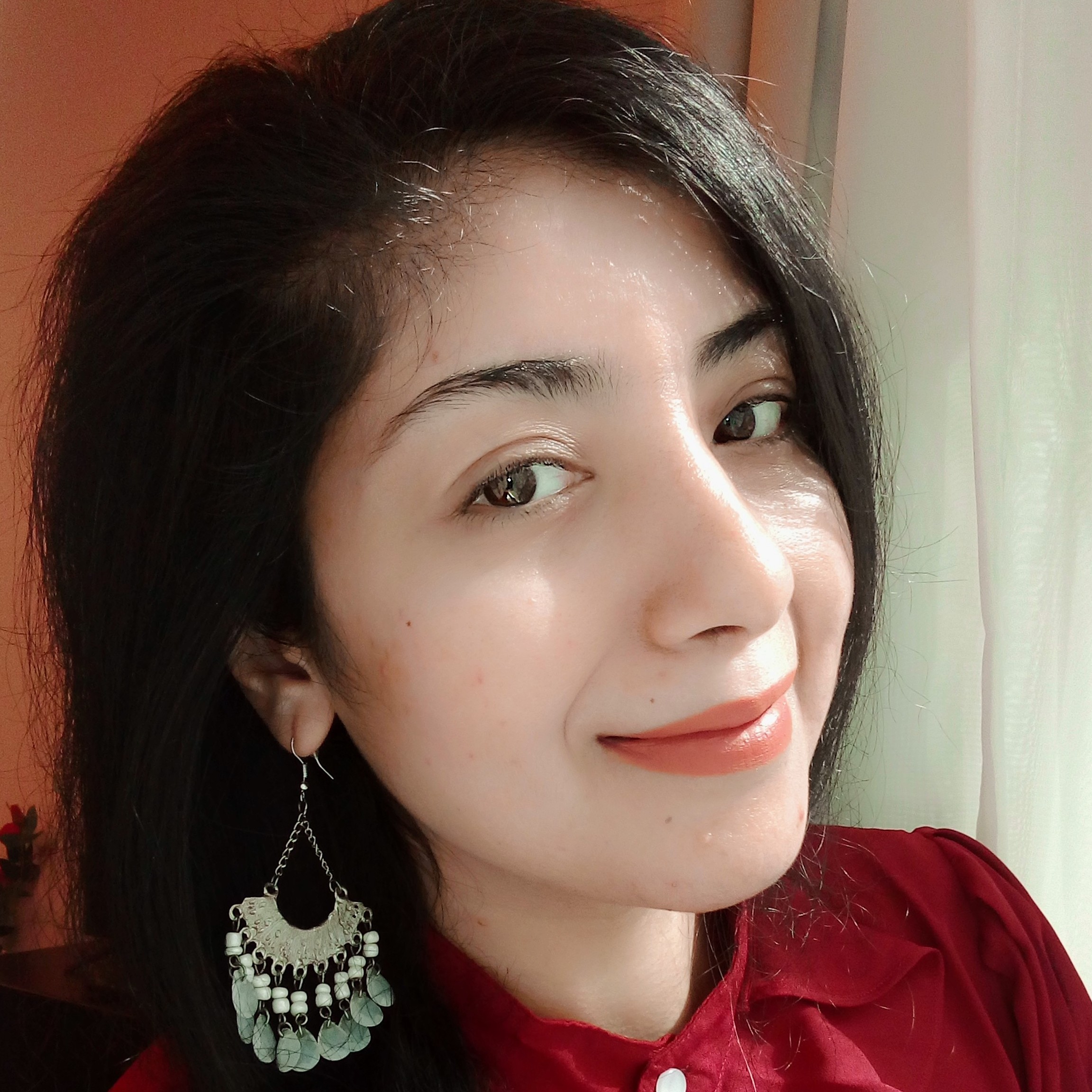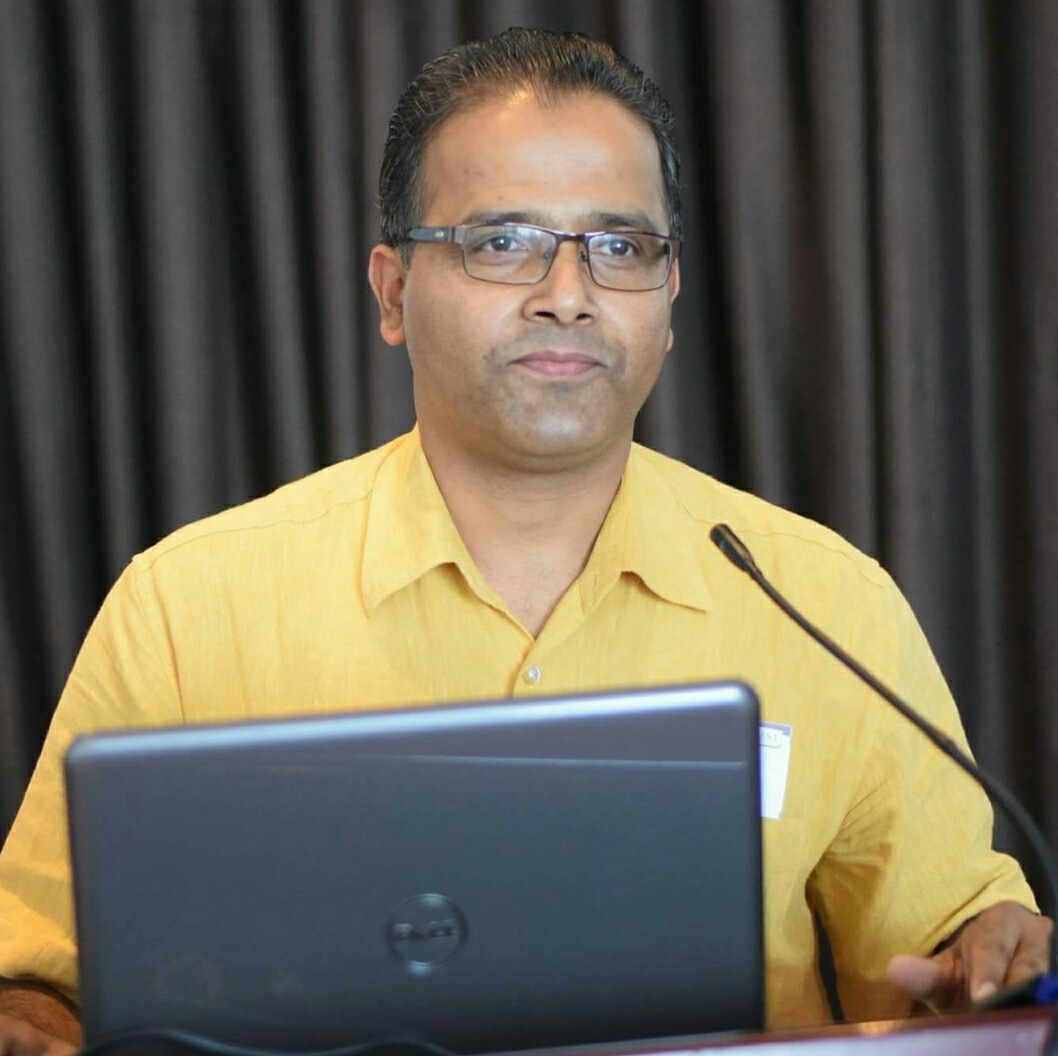We are pleased to announce Media Action Nepal (MAN) as a partner for our “Code of Ethics to Improve Conflict Sensitive Reporting and Safety of Journalists in South Asia” project. The project is scheduled to take place in Nepal in September 2021.
Since its establishment in 2015, the Kathmandu-based organisation has served as an independent media rights advocacy body made up of media experts, communications professionals, journalists, media researchers, and many other media-related professionals.

The NGO strives to preserve democracy and media freedom through policy dialogues, research, and capacity building for journalists and communicators. Ultimately, MAN promotes inclusive, independent and responsible media, professional journalism, protection of human rights, and the strengthening of democracy.
MAN’s publications include: Foundations of Parliament-Media Relations: A handbook on Parliamentary Reporting; Agriculture and Economic Growth: A Handbook for Journalists; A Situation Analysis of Media Freedom in Nepal, Reproductive Health Issues in Nepali Media: A Content Analysis of Newspapers; Misleading News in Media: A Study of Newspapers and Online News Portals of Nepal; and a study report titled “Supporting Safety of Journalists in Nepal: An Assessment Based on UNESCO’s Safety Indicators”. MAN has also launched a Media Rights Violations Monitoring Desk (MRVMD), an initiative that monitors media rights violations and analyses the cases through the lens of international standards, with the aim of providing key stakeholders with recommendations for tackling crimes against journalists. MRVMD also prepares and publishes periodic reports, policy papers, and representative case studies which contain analyses of both national legal provisions and international instruments on press freedom.
Our partnership with MAN provides an opportunity to collaborate with an organisation that has a wealth of knowledge, on the ground experience, and passion for media freedom and the safety of journalists. MAN is expected to play a pivotal role in our project, which aims to contribute towards strengthening the South Asian media environment in terms of conflict sensitive reporting, journalist safety, and self-regulation. The project – which will take place in Nepal in September 2021 – will cover Bangladesh, India, Nepal, the Maldives, and Sri Lanka.
Read more: Project: Improving conflict sensitive reporting and journalist safety in South Asia
MEET OUR FACILITATORS!

“Make the difference to hold the public trust on professional journalism. Rejuvenate the legitimacy of media!”
International Project Facilitator
DR SADIA JAMIL
Country Representative — Asian Media Information & Communication Centre, UAE
Dr Sadia Jamil completed her PhD in Journalism at the University of Queensland, Australia. She holds postgraduate degrees in the disciplines of Media Management (University of Stirling, Scotland) and Mass Communication (University of Karachi, Pakistan). To date, she is the recipient of several awards and scholarships including: the University of Queensland’s Centennial Award (2010), UQ’s International Postgraduate Research Support Award (2010), the Norwegian UNESCO Commissions’ and Oslo Metropolitan University’s conference scholarships (2015-2018), IAMCR’s travel grant award (2019), Union Insurance’s Cairo Air Crash Journalists Victim Memorial Gold Medal (2007) and Daily Jang’s and The News’ Sardar Ali Sabri Memorial Gold Medal (2007).
She is affiliated with the International Association of Media and Communication Research (IAMCR) and is currently the Acting Chair of IAMCR’s Journalism Research and Education Section. Dr Jamil has also published and edited collections on freedom of expression, media freedom, safety of journalists, data journalism, ethnic media, and digital divides. Her recently edited books include ‘the Handbook of Research on Combating Threats to Media Freedom and Journalists’ Safety’ (IGI Global, 2019) and ‘Discrimination, Gender Equality and Safety Risks in Journalism’ (forthcoming 2020, IGI Global).
Currently, she is serving on several editorial boards: Routledge’s Journalism Practice and Digital Journalism, Intellect’s Journal of Applied Journalism and Media Studies and the International Editorial Board of Bloomsbury-I.B. She has also recently become an Honorary Board Member in the international advisory board of Media Action Nepal.
She said of the upcoming project, “The quality of our lives depends not on whether or not we have conflicts, but on how we respond to them. Herald peace with a sense of ethics to practice no harm, to end the plague of information war, and by simply saying no to being part of a conflict discourse. Make the difference to hold the public trust on professional journalism. Rejuvenate the legitimacy of media!”
Regional Project Facilitator
LAXMAN DATT PANT
Chairperson, Media Action Nepal
Laxman Datt Pant is a well-known media researcher, journalist, freedom of expression advocate, media trainer and university teacher who possesses extensive knowledge in the areas of media rights, freedom of expression and media development.
Since he started his career as a radio journalist two decades ago, Mr Pant has worked with several media institutions in different capacities, ranging from a reporter to an editor. He has also worked as a programme specialist at UNESCO for the implementation of a range of activities on media development, including the UN Plan of Action on the Safety of Journalists and the Issue of Impunity. Mr Pant is also the author of half a dozen books and has contributed research articles to journals on different media disciplines. A visiting faculty of journalism and media studies in reputed universities of Nepal, India, Bangladesh, China, Malaysia and Finland, Pant has contributed to the formulation of media and communication policies and strategies and the promotion of freedom of expression at national and international levels.
Currently the Chairperson of Media Action Nepal (MAN), Associate Writer at Cyprus based DevelopmentAid and Host/Producer of POWERchat — Nepal’s only TV talk show in English discussing development since 2016 — Pant is one of the editors/authors of the study “Supporting Safety of Journalists in Nepal: An Assessment based on UNESCO’s Journalists’ Safety Indicators”, published in 2016 by UNESCO, Paris.
Speaking about the upcoming PMA project, Mr Pant said, “The new partnership between Public Media Alliance (PMA) and Media Action Nepal (MAN), to deliver a UNESCO IPDC project titled Code of Ethics to improve Conflict-Sensitive Reporting and Safety of Journalists, is a timely intervention in strengthening the South Asian media environment in terms of regulation and conflict sensitive reporting. In addition to strengthening knowledge of South Asian journalists on issues of media ethics, conflict sensitivity and safety of journalists, this initiative will undoubtedly help journalists to remain more watchful to the wrongdoings of power centres, to be more accountable and accurate towards the content the former creates.”

“…In addition to strengthening knowledge of South Asian journalists on issues of media ethics, conflict sensitivity and safety of journalists, this initiative will undoubtedly help journalists to remain more watchful to the wrongdoings of power centres, to be more accountable and accurate towards the content the former creates.”
The project is being implemented by the Public Media Alliance (PMA), with support from the UNESCO New Delhi Office & the UNESCO International Programme for the Development of Communication (IPDC).

Featured Image: TV cameras lined up, covering large public event. Credit: Microgen/iStock
Related Posts
2nd February 2021
Project: Improving conflict sensitive reporting and journalist safety in South Asia
Introducing our latest project, “Code…
